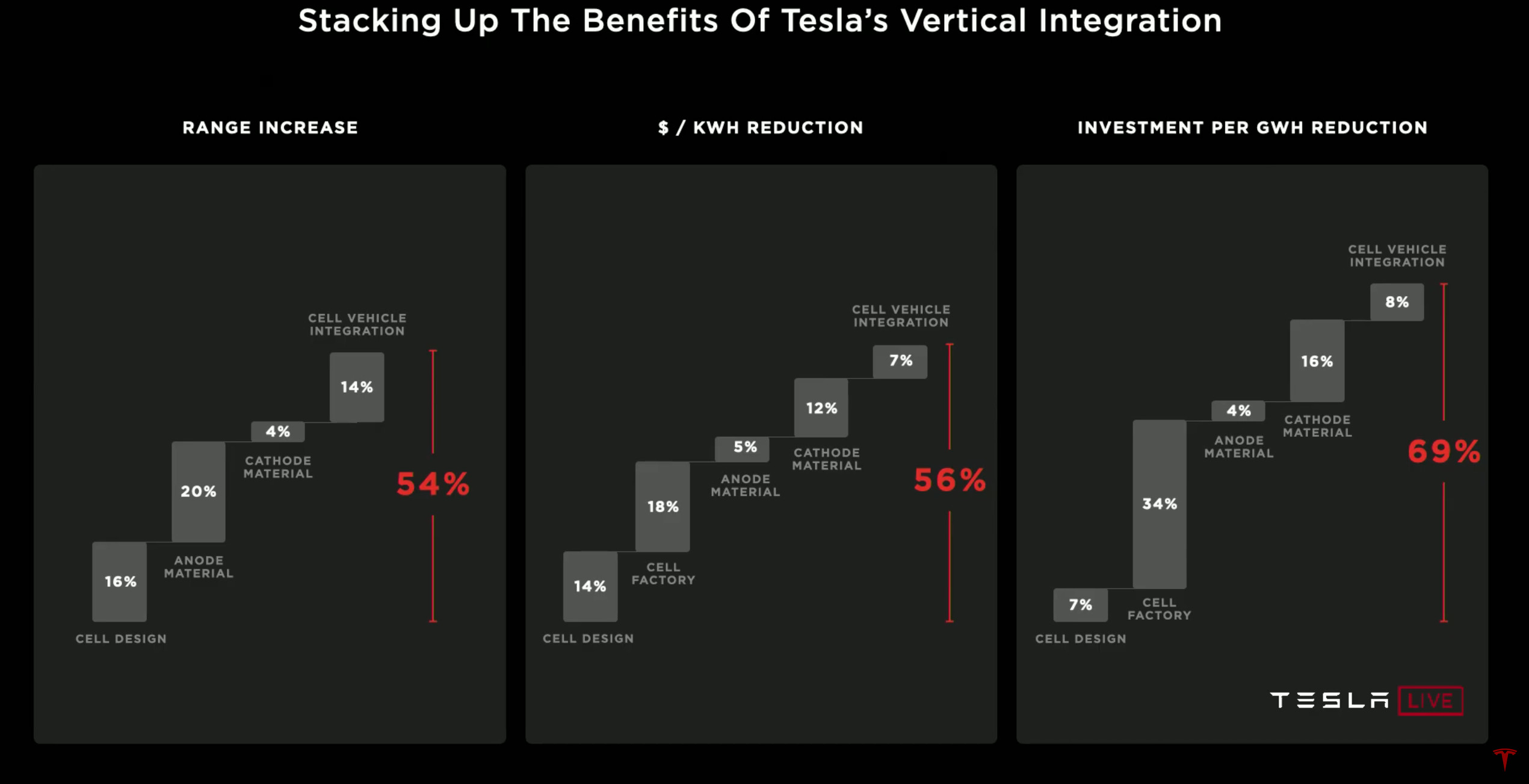Read The Full Article On: Greencarreports
President Joe Biden on Wednesday signed an Executive Order that could help secure the supply chain for domestically made electric vehicles—including parts and materials, not just final assembly.
The U.S. is a net exporter of EVs. The number of EVs built by Tesla, Nissan, and General Motors and sent to other countries exceeds the number of EVs brought in from outside our borders. Factor in the EVs on the way from Rivian, Lucid, and others, and it’s likely going to be that way for a long time.
But the U.S. is highly dependent on supply chains that reach around the world, and the same can’t be said of the raw materials that go into the most valuable piece of an electric vehicle: the battery pack.
“The U.S. could better leverage our sizable lithium reserves and manufacturing know-how to expand domestic battery production,” said the administration, in a White House fact sheet accompanying the Executive Order announcement.
Concerns continue about whether cobalt and nickel supplies, and rare earth elements needed for magnets and power electronics, will be able to keep up with demand. The Democratic Republic of Congo is the world’s top supplier of cobalt, but China has greater access to that supply through some political outmaneuvering, as reported by Politico.
The USGS and the U.S. Department of Commerce found, in a review of 50 commodities conducted by executive order of then-President Trump, that cobalt was among the materials at the highest risk of supply disruptions.
That effort focused on mining and extraction specifically, but the Biden move could help put more necessary pieces into place between that and actual manufacturing, using those materials. 
Tesla Battery Day vertical integration overview
Tesla CEO Elon Musk has said that Tesla will eliminate cobalt from future batteries, and its supplier Panasonic, which makes cells jointly with Tesla in Nevada, is reportedly working on its own cobalt-free chemistry. When Tesla set up the Nevada Gigafactory, it aimed to source North American raw materials but couldn’t find enough domestic supply for some of the necessary minerals.
The Biden order will initiate two reviews. A 100-day review will identify near-term steps and vulnerabilities, while a one-year review will include a more in-depth look at the agency level, resulting in proposals and new R&D activities, and including “outside stakeholders, such as those in industry, academia, non-governmental organizations, communities, labor unions, and State, local, territorial, and Tribal governments.”

